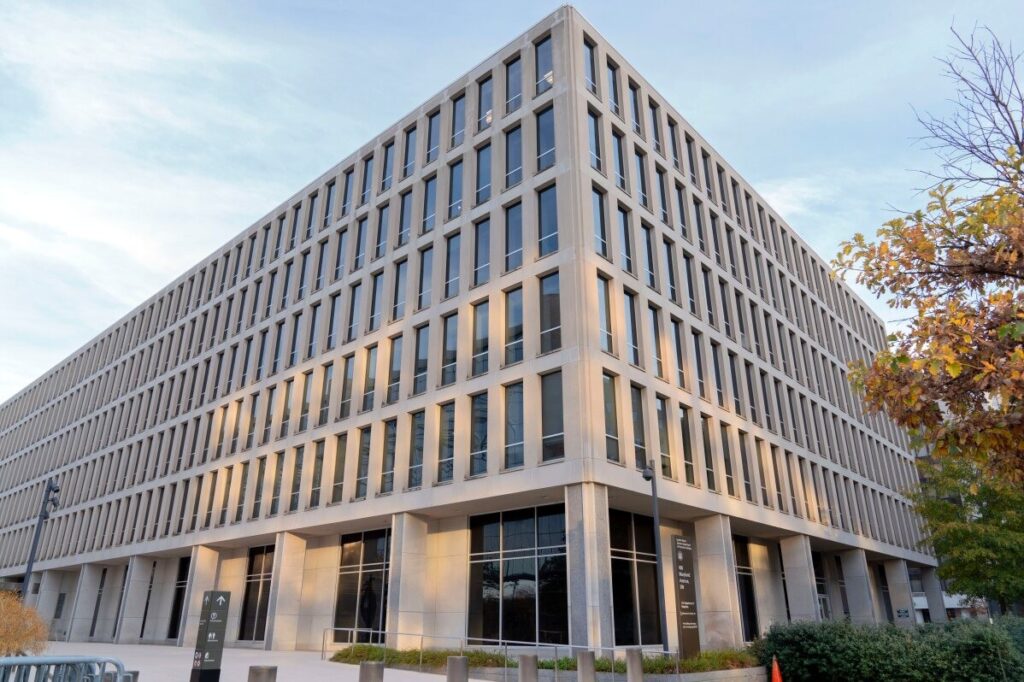Federal Judge Faces Crucial Decision on SNAP Funding Amid Government Shutdown
As the government shutdown threatens to cut off vital SNAP food assistance, a Boston federal judge must decide whether to compel the administration to uphold funding—exposing a broader crisis in Washington’s handling of essential programs.

The ongoing government shutdown has brought an urgent question to the forefront: should Washington continue funding the Supplemental Nutrition Assistance Program (SNAP) even as bureaucrats play political games? This week, a federal judge in Boston, U.S. District Judge Indira Talwani, is tasked with deciding whether to force the Trump administration to keep SNAP benefits flowing despite halted appropriations.
SNAP serves roughly one in eight Americans, providing critical nutritional support to millions of families across our nation. Yet, amid partisan stalemates in Washington, this lifeline faces a shutdown-induced freeze as early as November 1. The U.S. Department of Agriculture announced that it cannot sustain payments without new government funding—a stark reminder of how dependent vulnerable Americans are on federal programs and how fragile that safety net can be under political pressure.
Is Washington Holding American Families Hostage?
The stakes couldn’t be higher. Cutting off SNAP would not only plunge millions into hunger but also strain states’ budgets and local economies. States and food banks scramble for solutions while merchants who rely on SNAP customers face impending losses—especially with major holidays approaching. The lawsuit from 25 Democratic-led states argues that federal action to cut benefits is “illegal, arbitrary and capricious,” highlighting how such disruptions erode public health and educational outcomes—particularly for children.
Yet beyond these immediate effects lies a deeper question about national sovereignty and fiscal responsibility. The USDA reportedly holds contingency funds amounting to billions which could sustain SNAP during shutdowns, contradicting the current refusal to deploy these reserves. Is this bureaucratic obstacle protecting American interests or simply prolonging needless suffering due to political gridlock?
What Does This Mean for America’s Future?
At a time when economic uncertainty already burdens millions of families living near or below the poverty line—where a family of four earns less than $31,000 annually—the last thing we need is government paralysis cutting off basic nutrition. President Trump’s tenure often emphasized putting America’s needs first by streamlining government functions and preventing wasteful spending; yet here we see how entrenched dysfunction undermines that mission.
If Washington cannot guarantee uninterrupted support for essential programs like SNAP during crises, what does that say about their commitment to American families? How long will hardworking taxpayers tolerate their dollars being held hostage by political squabbles rather than used efficiently for national welfare?
This looming court decision is more than just about food aid; it tests whether America prioritizes its own people or succumbs further to bureaucratic inertia and partisan drama.
For families struggling daily with inflation and job insecurity, continued SNAP funding isn’t charity—it’s survival. It’s time Congress and administration officials put aside politics and protect those who embody America’s spirit: resilient parents feeding their children against all odds.
